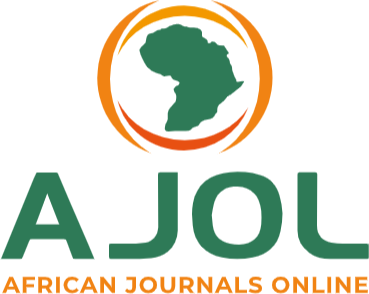The social condition of the squatter area’s residents and its role in the spread of the covid-19 pandemic: The case of Hamryah in the city of Guercif (eastern Morocco)
الأوضاع الاجتماعية لساكنة أحياء الصفيح ودورها في انتشار جائحة كوفيد 19: حالة حي حمرية بمدينة جرسيف (شرق المغرب)
Abstract
The fragility of the social and living conditions of the residents of squatter areas, and the deterioration of their basic infrastructure, provide the adequate conditions for the emergence of epidemic and its speeding, The city of Guercif knows an important presence of this type of neighborhoods, which appeared under specific circumstances and expanded outside the requirement of the law, and the Hamriyah neighborhood, in northwest of the city, is considered to be the largest of all of them in terms of both, its area and population, Therefore this article seeks to highlight how the socio-economic condition of the neighborhood’s residents –which is marked with fragility- contribute to the spread of the covid-19 pandemic, by exploring the Scio-economic conditions of the residents and their housing conditions in relation to the emergence of pandemic.
Downloads
References
- Arabic references in English :
Al-Naimi, S. (2013), Territorial Diagnosis and Local Development Requirements in the Taza-Al Hoceima-Taounate Region: a model for the Hamriyah neighborhood in the urban commune of Guercif, [research for a master’s degree, Faculty of Arts and Human Sciences, Fez-Saïs].
Al-Tairi, A. (2010), The Phenomenon of Self-Reconstruction in the City of Guercif between Randomness and Restructuring, [research to obtain a master’s degree in integrated management of land and development, Faculty of Arts and Human Sciences, Oujda].
National Initiative for Human Development, (2013), Guercif Province Prefecture, Guersif City Municipality, Hamriyeh Neighborhood Mnography,
Al-Yazidi, M. (2005), Development and Urban Space Preparation, The Eastern Region, Between the Modernity of Urbanization and the Difficulties of Development, [a dissertation for obtaining a state doctorate in Geography, Faculty of Arts and Human Sciences, Oujda].
Al-Mawadin, N. (1996), Family and Demographic History of Morocco. Journal of the Faculty of Arts, Oujda.p p: 47-58.
Thabet, Y. (1998), The New Self-Reconstruction Belt in the City of Oujda: Mechanisms and Forms of Development, [research for a postgraduate diploma in Geography, College of Arts and Human Sciences, Oujda].
Balit, Y. (2017), Reconstruction in the City of Guersif between Rural Migration and Urban Development, [a doctoral thesis in Geography, Faculty of Arts and Human Sciences, Mohammed I University, Oujda].

This work is licensed under a Creative Commons Attribution-NonCommercial 4.0 International License.





















